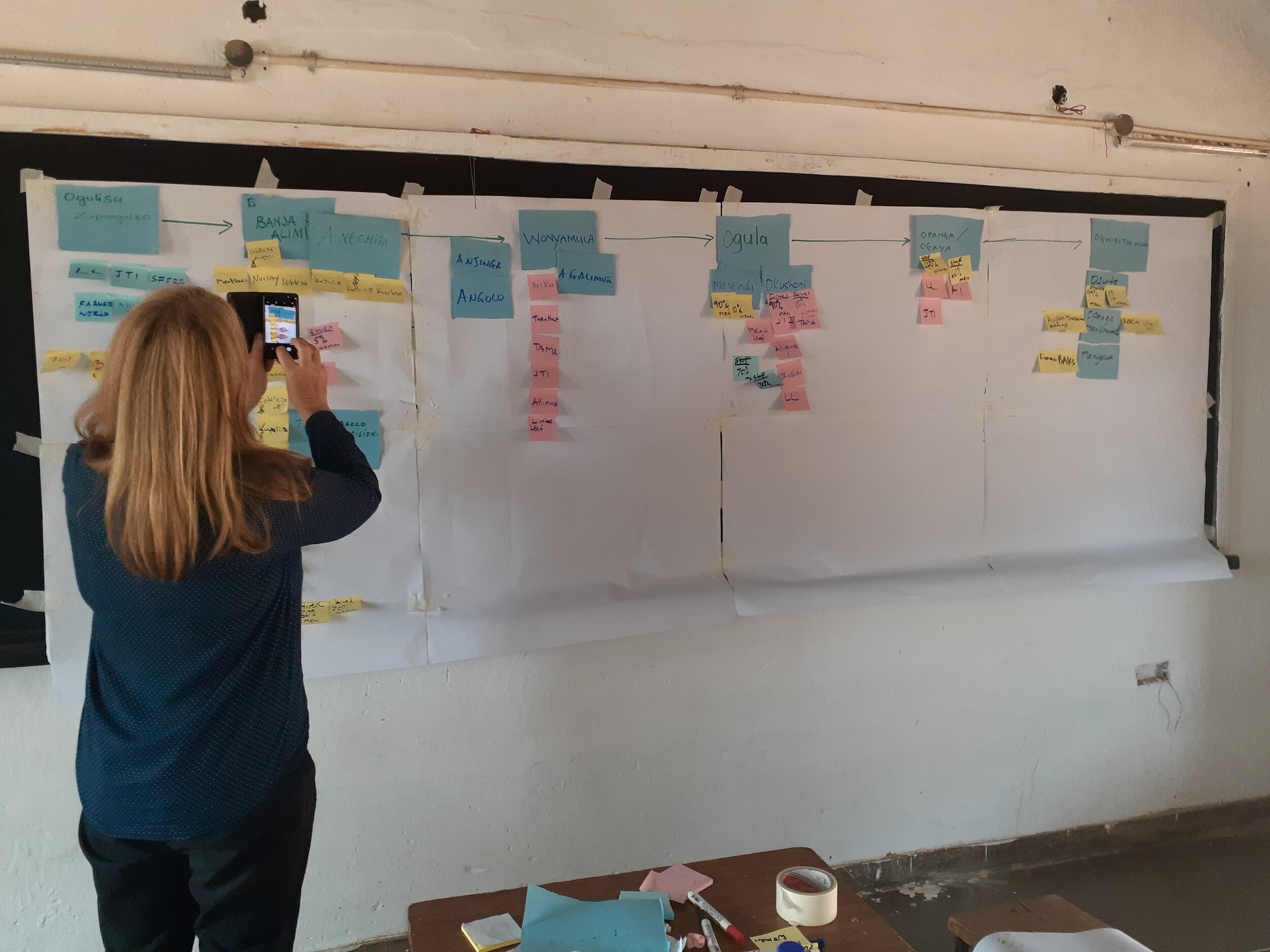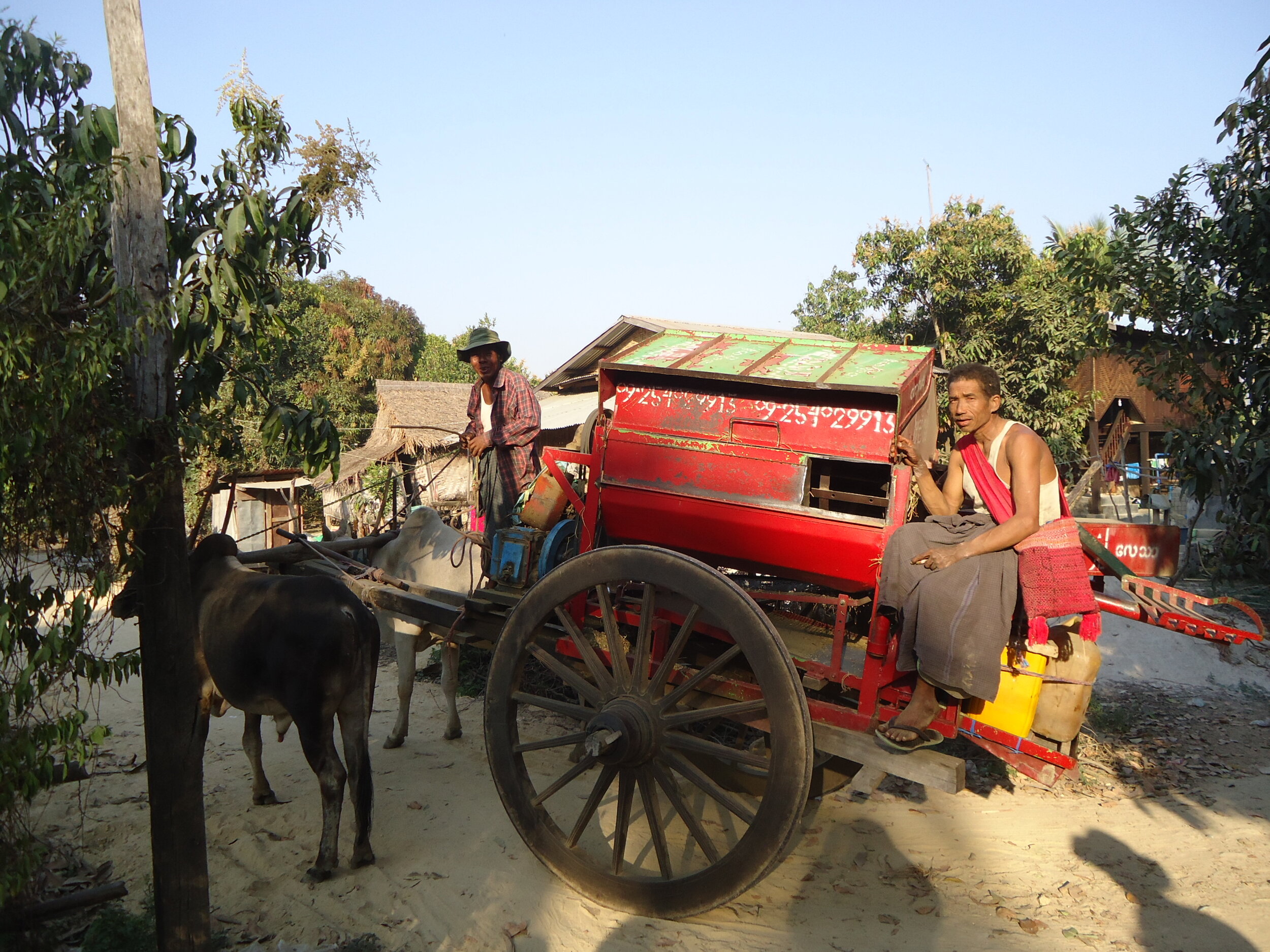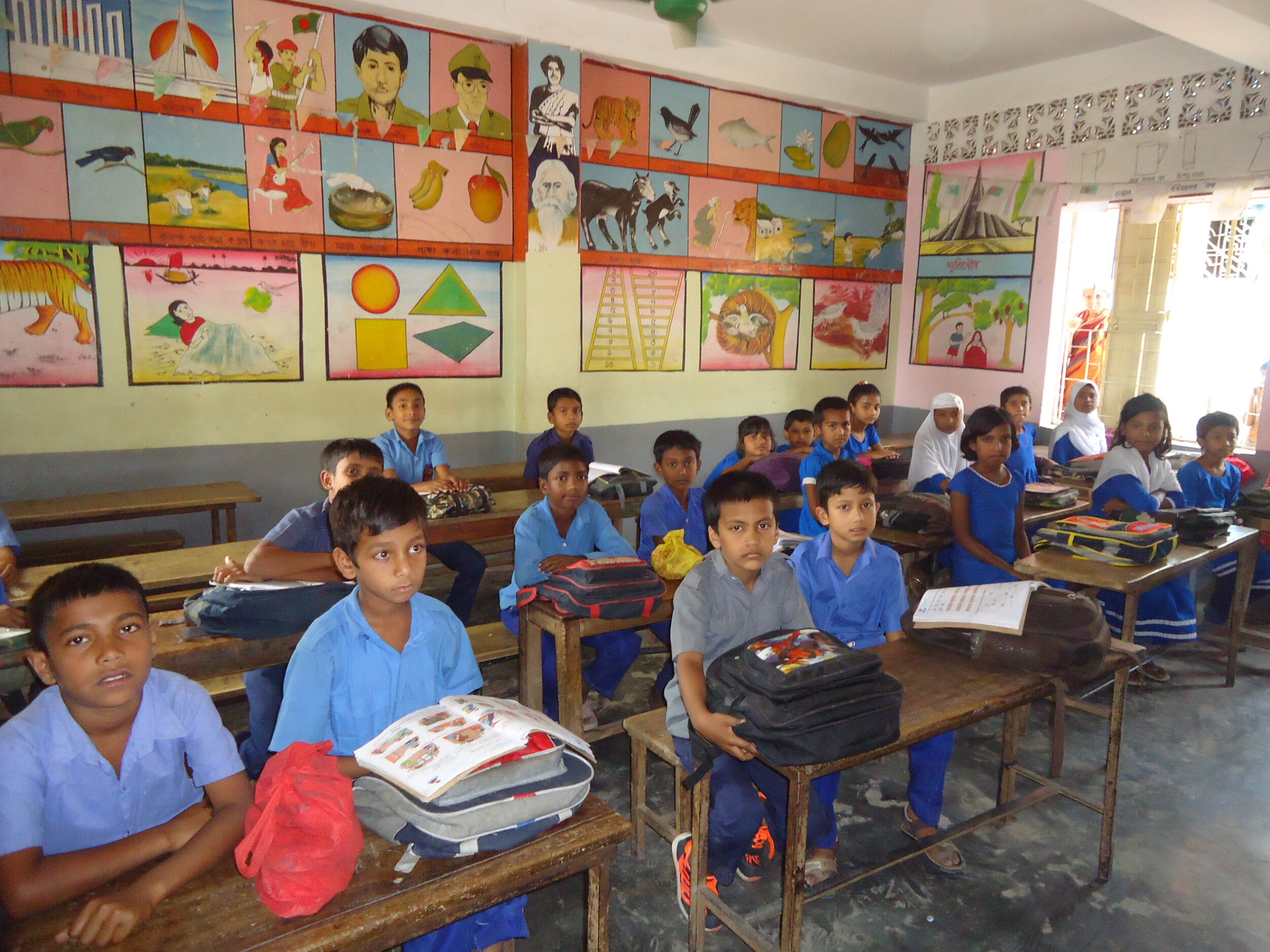Challenges and Opportunities
Climate Smart Farming | New ways of doing things
Feminization processes in agriculture | Impact of mechanization
Climate Smart Farming
Publications
Incorporating gender into low-emission development: a case study from Vietnam - Journal Paper
Gender, livestock and reducing greenhouse gas emissions in Costa Rica - Report
A cost-benefit analysis of climate-smart agriculture options in Southern Africa: balancing gender and technology - Journal Paper
Embedding gender in conservation agriculture R4D in Sub-Saharan Africa: Relevant research questions - Guidance Note
Embedding gender in Climate-Smart Agriculture R4D in South Asia: Relevant research questions - Guidance Note
Gender and inorganic nitrogen: the implications of moving towards a more balanced use in the tropics
Ticking all the boxes for climate smart, pro-poor and gender-equitable agriculture is an important challenge. Ensuring farmers can select and adapt the technologies which they feel are best suited to their situation is vital.
My work with the Consultative Group of International Agricultural Research (CGIAR) Centres on its Climate Change, Agriculture and Food Security (CCAFS) project focused on developing gender-responsive climate-smart initiatives in Costa Rica, Vietnam, India, and in East and Southern Africa.
Recently I was team leader to a five country (Malawi, Tanzania, Zambia, Zimbabwe, Mozambique) DFID-funded impact study on efficacy of gender mainstreaming, and gender transformation methodologies in private sector projects. We developed various tools including a gender mainstreaming guide for the selected projects, and an action research methodology to ensure long-term farmer benefits from the research process.
kilombero rice value chain mill workers malawi
circus cambodia
Low Emissions Development Vietnam
New ways of doing things
I am involved in the GENNOVATE community of practice hosted by the CGIAR Collaborative Platform for Gender Research.
GENNOVATE considers how gender norms and agency influence men, women, and young women and young men to adopt innovative technologies and practices in agriculture. Fieldwork was carried out in 137 rural communities in 26 countries. My involvement included training and conducting fieldwork with the Ethiopian national research team. I am analyzing and writing up data from Ethiopia, Nepal, India, Bangladesh, South Asia, Nigeria and Tanzania.
Publications
Gender and agricultural innovation in Oromia region, Ethiopia: from innovator to tempered radical - Journal paper, PPT
Towards gender-responsive banana research for development in the East-African Highlands, CGIAR
Leaving No One Behind: Women Farmers in Bangladesh - Journal paper
Leaving no one behind: Supporting women, poor people, and indigenous people in wheat-maize innovations in Bangladesh - Guidance Note
From working in the wheat field to managing wheat: Women innovators in Nepal - Journal paper
Challenging gender myths: Promoting inclusive wheat and maize research for development in Nepal - Guidance Note
Strengthening women in wheat farming in India: Old challenges, new realities, new opportunities - Guidance Note
men mungbean farmers myanmar
zambia discussions
myanmar team
Feminization processes in agriculture
In many countries around the world men are leaving the farm and women are picking up part or all of the work. The degree to which this is happening is unclear, and there are many complexities in these processes. I am part of a CGIAR gender platform research initiative examining feminization processes. Our team is focusing on feminization processes in South Asia.
tobacco seasonal workload calendar malawi
talking in the village india
decision systems mapping in tobacco malawi
Impact of mechanization on smallholders and hired labourers
Mechanizing agricultural processes can have a significant impact on hired labourers. They often lose work and can find it hard to generate alternative income. Smallholders can benefit through saving money, and having less work to do themselves. These impacts are gendered.
The World Vegetable Center is examining these processes in relation to mechanizing mung bean harvesting in Myanmar, Bangladesh and Pakistan.
I trained and led national research teams in Bangladesh and Myanmar to investigate the socio-economic impacts and we are writing up our findings.
rice thresher myanmar
crushing sugarcane bangladesh
primary school bangladesh












